German companies looking for local partners for energy efficient construction – Buildings biggest consumers of energy in Serbia
 Monday, 27.05.2019.
Monday, 27.05.2019.
 14:57
14:57
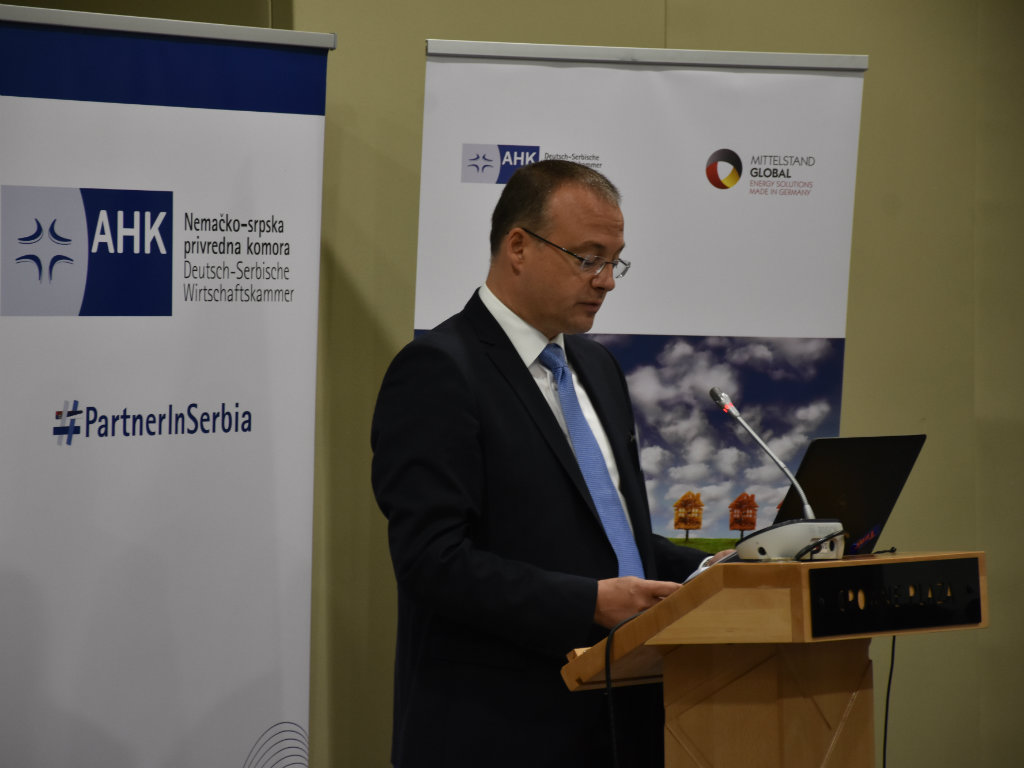
At the conference, nine German construction companies visited Serbia, aiming to find partners in the field of energy efficient construction, as Sebastian Ulm, a representative of the German ministry, told eKapija.
– Energy transition in Germany is carried out through three measures: efficiency, usage of renewable energy sources and the connecting of sectors – Ulm said and emphasized that RES in Germany in 2017 produced one in each three kWh, whereas the primary consumption of power in the building sector has dropped by 16% since 2008 – Ulm said.
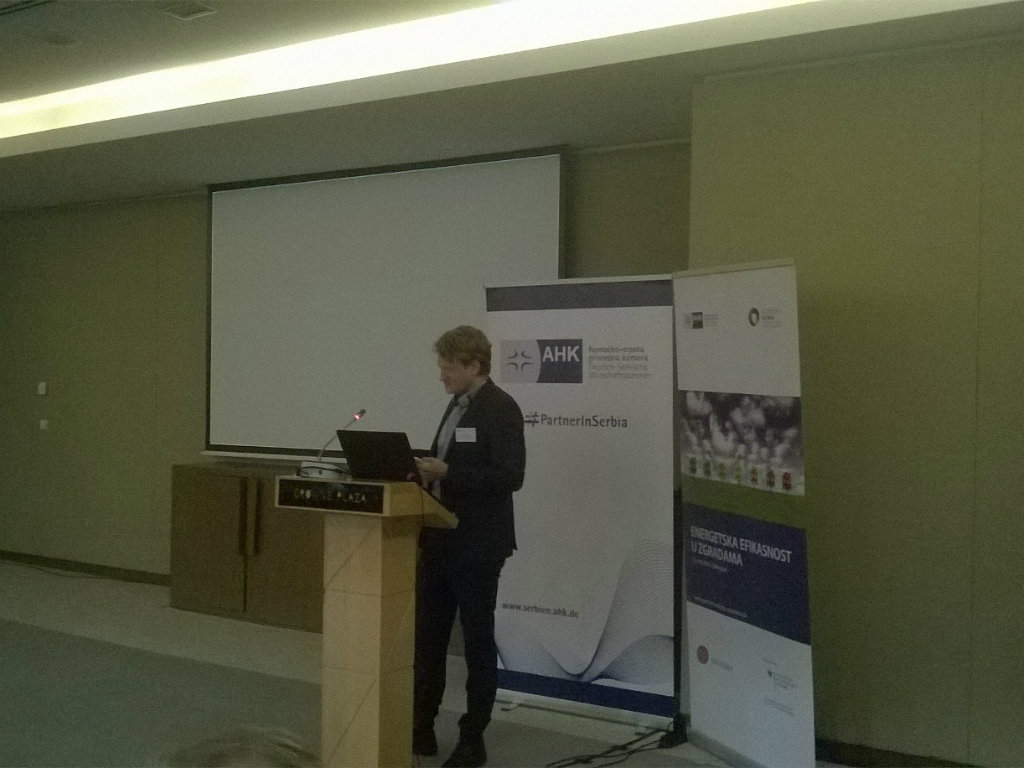
– We often discuss which energy source is the best. The emphasis has now been put on RES, but the best energy source of all is, in fact, saving – said the vice president of AHK Serbia, Bojan Predojevic.
Predojevic said that, in the sectors of building, transport and industry, EUR 100 can be saved per capita, which, he says, means that in the EU, with 500 million citizens, EUR 50 billion could be saved each year, and in Serbia, EUR 700 million.
He says that, in today's society, the concept of “energy poverty” was born, which, as he explains, covers the demographic strata that spend more money on energy than others.
– In Serbia, up to five times more energy per square meter is used for heating certain facilities than in the EU. That is why the concept of energy efficiency in buildings is growing more and more important in Serbia – Predojevic pointed out.
He reminds that the law proscribes that facilities whose construction or reconstruction started after September 30, 2012, need to have an energy passport, which shows the quality of the building, the comfort, the consumption of energy and the future costs.
Also, as he says, charging for heating per consumption in new buildings has become mandatory in Serbia. According to the data of the Ministry of Energy, 90% of the buildings meet the technical requirements for this and now it's a matter of finding a way of having residential units switching to this type of heating.
Predojevic emphasizes that there are numerous construction sites in Belgrade at the moment, where new residential and office buildings are being raised and where the facades of existing buildings are being reconstructed with materials which will help save energy.
He adds that there is an apparent continuing positive trend in the construction sector and that the value of the works carried out grew by 21.6% in the first quarter of 2019 compared to the same period last year.
– Also, the number of building permits issued in March grew by 1.1% compared to the same month last year, amounting to 1,502 permits – Predojevic said.
Dusan Ignjatovic of the Faculty of Architecture in Belgrade says for eKapija that the situation concerning energy efficient building in Serbia is not drastically different from that in EU states, but that it is largely based on private initiatives.
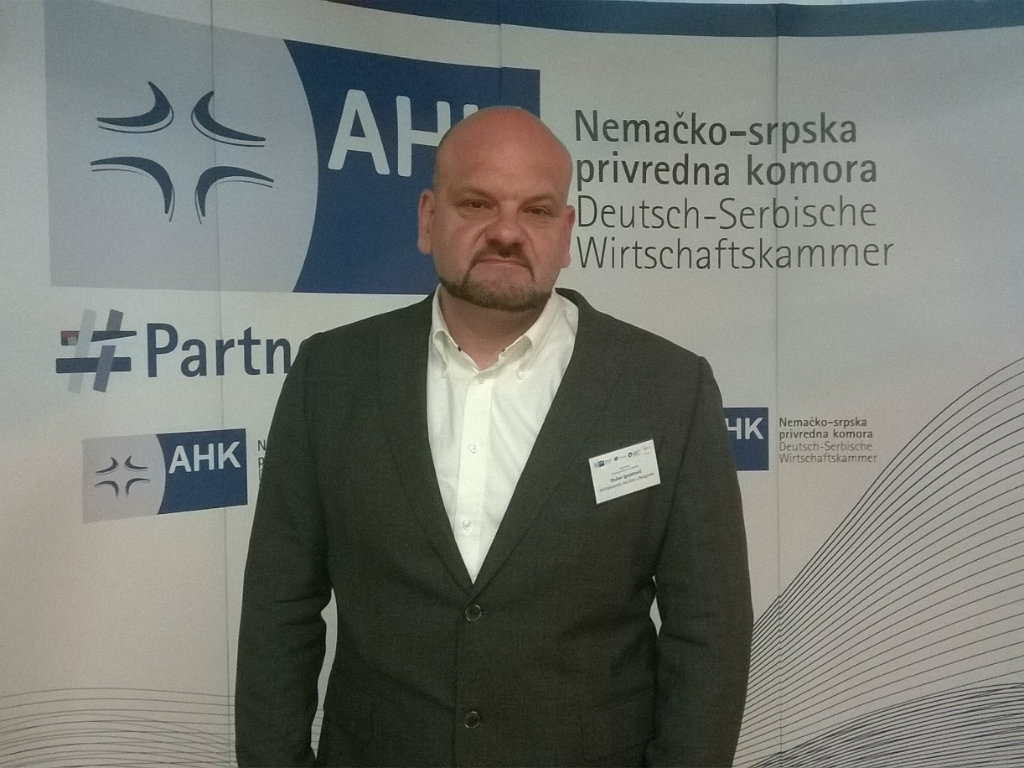
– Individual buildings are often too expensive for reconstruction, and there's no model for the public ones. The Faculty of Architecture has therefore carried out the project Energy Efficiency in Public Buildings in cooperation with the University and GIZ, stressing the implementation of a typology of residential and school facilities in the process of the reconstruction of buildings – Ignjatovic says and adds that GIZ has developed software for calculating energy efficiency in buildings.
Germany aims to become climate neutral by 2050, that is, to spend 80% less primary energy, says Christian Mueller, a representative of the German Energy Agency (dena).
– By 2050, a total of 11 million buildings need to be reconstructed in Germany. The technical solutions exist, and now we need to overcome obstacles such as the lack of skilled workforce, as well as the relatively high costs of the repair, which takes a long time – Mueller says and adds that the aim of energy efficient construction is for a building to produce as much energy as it spends.
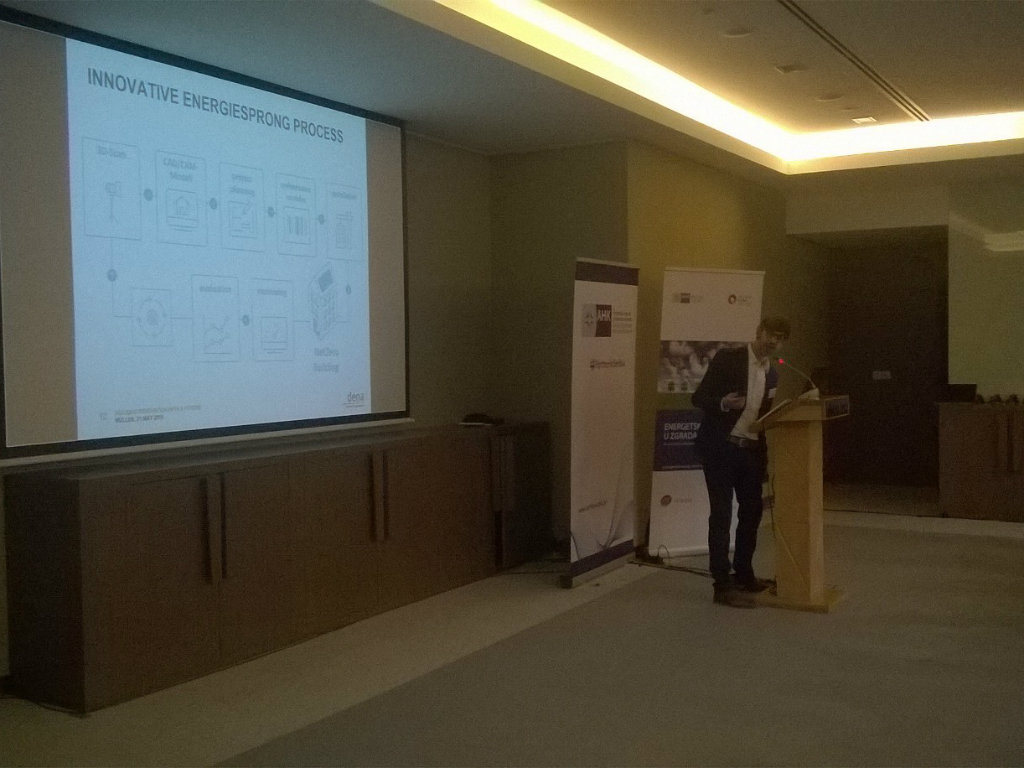
– When a building is being reconstructed with energy efficiency in mind, one needs to consider the quality, the speed, the price and the comfort. In order to achieve the necessary speed, the process is moved from the construction site to the factory and, from 2013 to 2015, the time needed for the reconstruction dropped from two weeks to one day – Mueller pointed out.
Other speakers at the conference included Cleo Schmid of Fichtner GmbH, Marc Bollmann of getAir GmbH, Guenter Klee of LED-Light Germany GmbH, Peter Gmeiner of Lehmorange-emma Gmeiner, Andreas Lehmann of LUNOS Luftungstechnik GmbH, Wolfgang Bonder of Material Innovative Gesellschaft GmbH, Otto Pravida of Pravida Bau GmbH, as well as representatives of the project team of GIZ Serbia.
I. Milovanovic
Most Important News
06.04.2024. | Agriculture
Preconditions for Placement of Fresh Blueberries and Dried Plums in Chinese Market Secured

16.04.2024. | News
Jovan Ciric, Leasing Director Retail MPC Properties – MPC Echo symbolizes our desire for good ideas and innovative endeavors to spread freely and bring about positive changes

16.04.2024. | News
10.04.2024. | Finance, IT, Telecommunications, Tourism, Sports, Culture
Creative Industry – What This Serbian Economy Sector Worth EUR 2 Billion Encompasses

10.04.2024. | Finance, IT, Telecommunications, Tourism, Sports, Culture
24.04.2024. | Construction, Healthcare
Price of construction of Tirsova 2 increases to EUR 141.6 million – Contract awarded to consortium of 10 companies
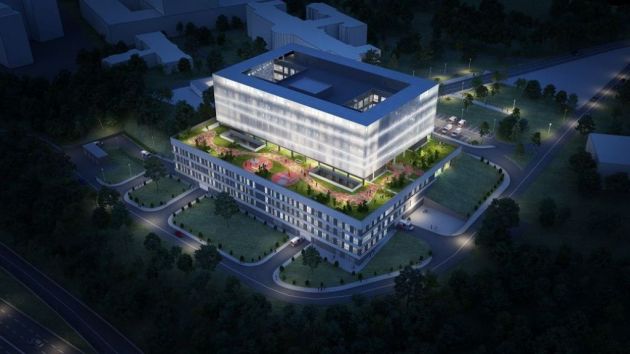
24.04.2024. | Construction, Healthcare
16.04.2024. | News
Economy Fair in Mostar opens – 26 companies from Serbia exhibiting

16.04.2024. | News
24.04.2024. | Construction, Transport
Dates of publishing of tenders for construction of three sections of fast railroad from Belgrade to Nis known
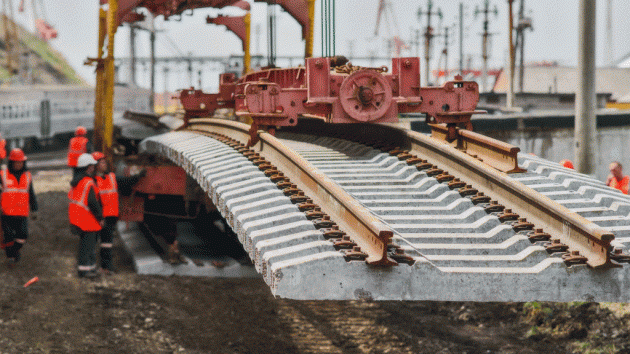
24.04.2024. | Construction, Transport


 Izdanje Srbija
Izdanje Srbija Serbische Ausgabe
Serbische Ausgabe Izdanje BiH
Izdanje BiH Izdanje Crna Gora
Izdanje Crna Gora


 News
News









